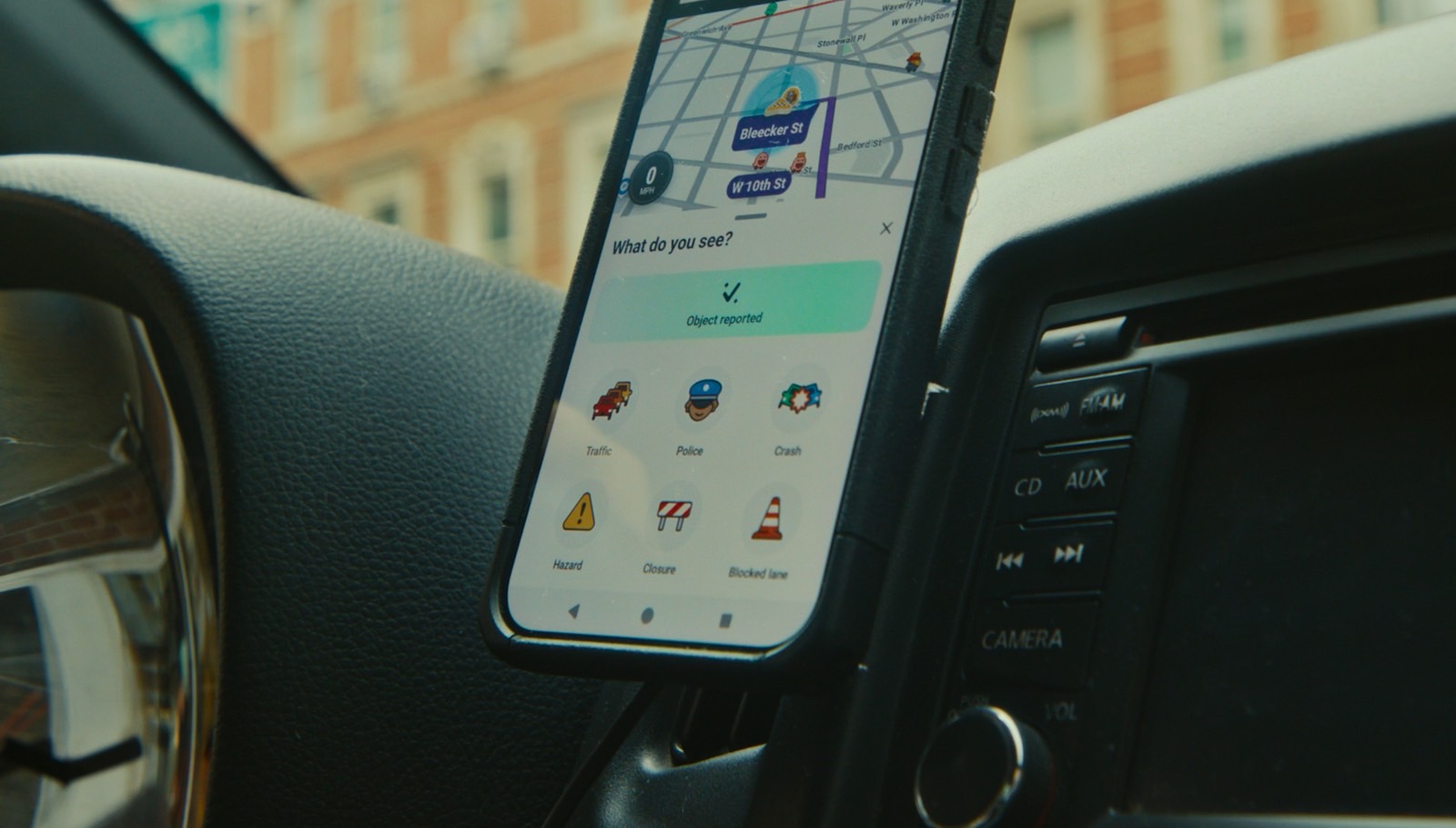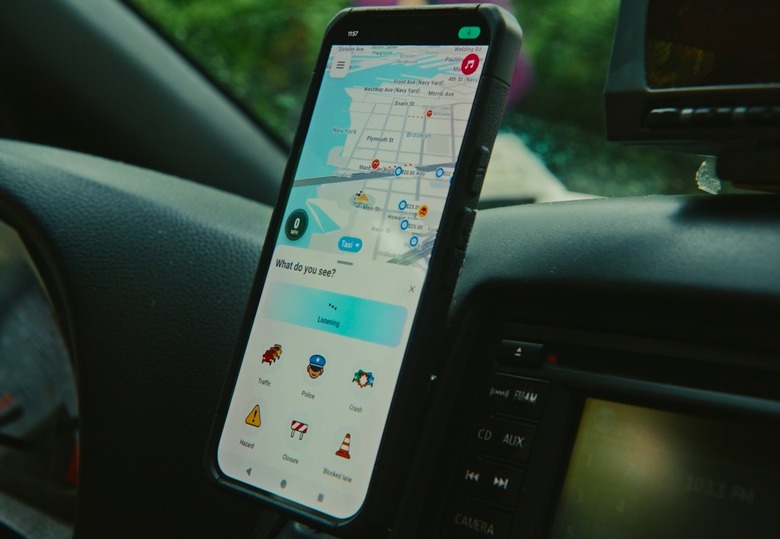Waze Conversational Reporting Lets You Report Incidents Just By Talking To Gemini AI
Google's Waze app is so popular with drivers because of its unique incident reporting feature, which helped it stand out from the crowd of navigation apps many years ago. Since then, Google has continued to improve Waze, and it leveled the playing field a bit by bringing support for incident reporting to Google Maps.
Generative AI will mark the next evolution of Waze, which just received a new feature called Conversational Reporting. It does what you think it does: You can report road incidents using natural speech rather than finding the correct menu on the screen or issuing a specific command. Google is also bringing tons of new AI features to Google Maps and Google Earth, but Waze fans will want to learn all about the new Waze updates first and foremost.
As exciting as Conversational Reporting sounds, it won't be available immediately to all Waze users. It'll launch in beta to Waze trusted testers globally this week. The feature will be available on Android and iPhone, but it'll only support English for the time being. More languages will follow in the future.

Once enabled, you'll just tell Waze what you see ahead, and Gemini AI will understand the type of road incident you're reporting. You might say something like, "Looks like there are cars jammed up ahead." Thanks to Gemini, Waze will understand that you're reporting traffic congestion ahead, and it will submit the report.
If you're unsure of what you see and Gemini can't figure out the kind of incident you're reporting, it'll ask you follow-up questions to get clarification before submitting the incident report on your behalf.

Google also announced a new School Zones feature for Waze that will roll out to Android and iPhone later this year. Waze map editors will be able to add school zones to the map, and drivers will get alerts to slow down when they pass one.
